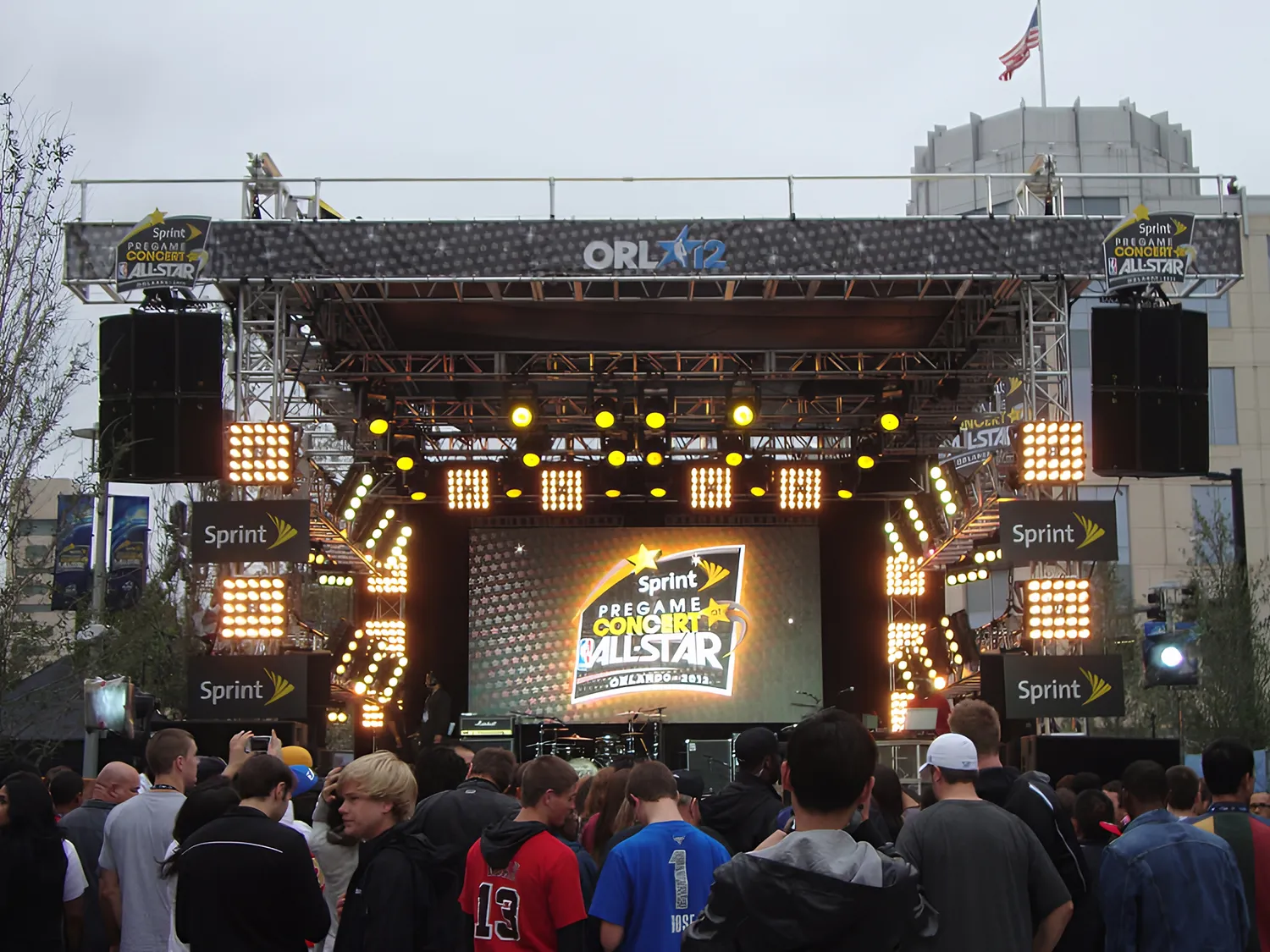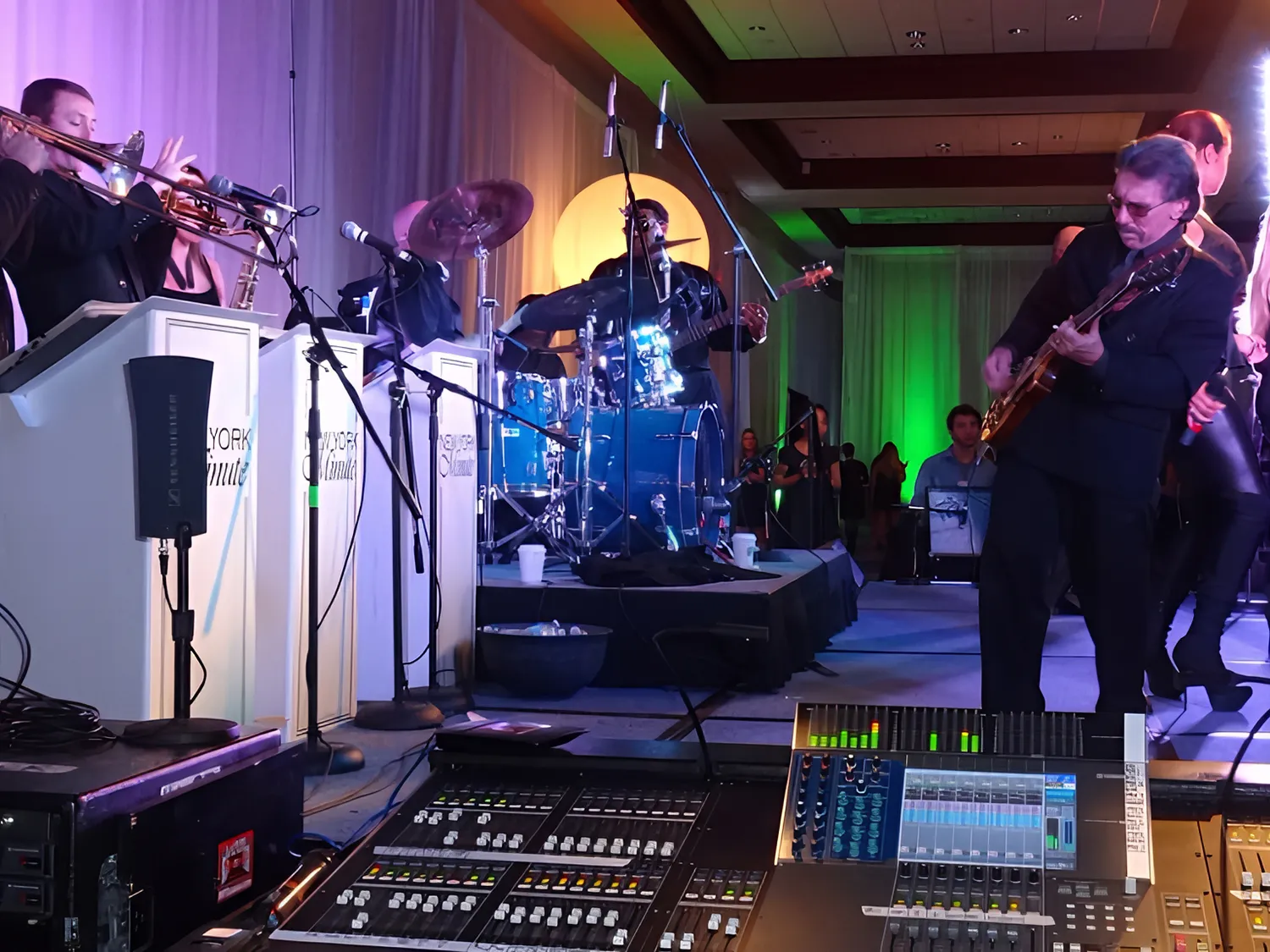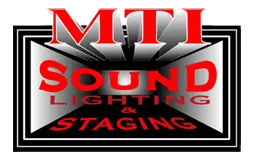Jump to Section:

1. Mastering Venue Space Optimization and Layout Challenges
When you’re planning events that require professional staging solutions, stage design and construction becomes the foundation for creating extraordinary experiences that maximize every square foot of available space while ensuring optimal visibility and functionality for all attendees. The challenge of working within venue limitations requires creative problem-solving that transforms spatial constraints into opportunities for innovative design approaches.
Professional stage design and construction teams understand how to analyze venue characteristics, identify opportunities for creative space utilization, and develop custom solutions that work within existing limitations while achieving spectacular results. Modern modular staging systems provide unprecedented flexibility, enabling configurations that adapt to unique venue shapes, ceiling heights, and architectural features while maintaining structural integrity and safety standards.
Effective space optimization strategies include:
- Modular staging systems that adapt to any venue configuration or size constraint
- Ground-supported structures eliminating ceiling height limitations and rigging restrictions
- Multi-level designs creating visual depth while maximizing functional space utilization
- Custom platform solutions compensating for uneven terrain in outdoor venues
- Flexible configurations enabling quick reconfigurations for different event segments
2. Integrating Complex Technical Production Systems
Modern events demand seamless integration between staging platforms and sophisticated technical equipment including sound systems, lighting rigs, video displays, and interactive technologies. Professional stage design and construction must accommodate multiple technical disciplines while maintaining aesthetic appeal and ensuring all systems work together harmoniously to support event objectives.
Technical integration requires comprehensive planning that considers equipment weights, power requirements, cable management, and access needs for installation and maintenance. Professional staging systems include integrated rigging points, power distribution, and cable management solutions that support complex technical installations while maintaining clean, professional appearances that don’t detract from overall event design.
Technical integration capabilities include:
- Integrated Rigging Systems: Built-in mounting points for lighting, sound, and video equipment
- Power Distribution Networks: Comprehensive electrical systems supporting all technical requirements
- Cable Management Solutions: Organized routing systems protecting connections while maintaining aesthetics
- Equipment Access Platforms: Safe working areas for technical crews during installation and operation
- Load Distribution Analysis: Engineering calculations ensuring safe support of all equipment combinations
3. Engineering Solutions for Complex Load Requirements
Stage structures must support significant weight from equipment, performers, and technical elements while maintaining stability under dynamic conditions. Professional stage design and construction utilizes advanced engineering principles and computer modeling to ensure safe load distribution and structural integrity throughout entire events, regardless of equipment combinations or performance requirements.
Load capacity planning involves comprehensive analysis of static loads from equipment and structures, dynamic loads from movement and audience energy, and environmental loads from wind and weather conditions. Professional engineers develop custom solutions that meet or exceed safety requirements while providing the flexibility needed for diverse event applications and technical configurations.
Engineering excellence features include:
- Computer-aided structural analysis ensuring optimal load distribution and safety margins
- Custom engineering solutions for unique venue conditions and equipment requirements
- Dynamic load calculations accounting for movement, vibration, and environmental factors
- Safety factor integration providing reliable performance under all operating conditions
- Regular inspection protocols maintaining structural integrity throughout event duration
4. Weather-Resistant Design for Outdoor Event Challenges
Outdoor events present unique challenges that require specialized stage design and construction approaches capable of withstanding environmental conditions while maintaining performance reliability and guest safety. Weather-resistant staging involves advanced materials, protective systems, and emergency protocols designed specifically for outdoor environments and changing conditions.
Professional outdoor staging systems incorporate wind-resistant structural design, water management systems, and protective enclosures that maintain equipment functionality regardless of weather conditions. Advanced monitoring systems provide real-time environmental data, enabling proactive responses to changing conditions that protect both equipment and event participants while ensuring continuous operation.
Weather protection strategies include:
- Wind-Resistant Structures: Engineering designs meeting local wind load requirements and safety codes
- Water Management Systems: Drainage solutions preventing accumulation and protecting electrical systems
- Environmental Monitoring: Real-time weather tracking enabling proactive response to changing conditions
- Protective Enclosures: Equipment housing maintaining functionality during adverse weather
- Emergency Protocols: Rapid response procedures for severe weather situations and equipment protection

5. Professional Project Management and Timeline Coordination
Successful stage design and construction requires comprehensive project management that coordinates all aspects of planning, installation, and breakdown while ensuring timeline adherence and quality standards. Professional project management becomes especially critical when coordinating multiple vendors, venue requirements, and technical installations that must work together seamlessly.
Experienced project managers understand the complexities of staging installations, from initial design development through final breakdown and venue restoration. They coordinate with venue management, other vendors, and technical crews to ensure efficient installations that meet all requirements while maintaining safety standards and quality expectations throughout the entire process.
Project management services include:
- Comprehensive planning with detailed timelines and milestone tracking
- Vendor coordination ensuring seamless integration with other event services
- Quality control monitoring maintaining standards throughout installation and operation
- Risk management identifying and addressing potential issues before they impact events
- Communication systems keeping all stakeholders informed throughout project execution
6. Safety Compliance and Regulatory Standards
Professional stage design and construction must comply with complex regulatory requirements that vary by location, venue type, and event scale. Safety compliance involves understanding building codes, occupancy requirements, and industry standards while implementing comprehensive safety protocols that protect all event participants and stakeholders.
Regulatory compliance requires current knowledge of applicable codes, proper documentation, and coordination with local authorities throughout the planning and installation process. Professional staging companies maintain appropriate certifications, carry comprehensive insurance, and follow established protocols that ensure all installations meet or exceed required safety standards.
Safety and compliance elements include:
- Code Compliance: Meeting all applicable building codes and temporary structure requirements
- Professional Certifications: Qualified engineers and technicians with appropriate licensing
- Insurance Coverage: Comprehensive protection for clients, venues, and event participants
- Documentation Standards: Proper permitting, inspection records, and safety documentation
- Emergency Planning: Evacuation procedures and coordination with local authorities
7. Custom Design Solutions for Unique Event Requirements
Every event presents unique challenges and opportunities that require customized stage design and construction approaches. Professional designers work collaboratively with clients to understand event objectives, aesthetic preferences, and functional requirements, developing custom solutions that achieve specific goals while maintaining safety and quality standards.
Custom design processes involve comprehensive consultation, concept development, and iterative refinement that ensures final designs meet all requirements while exceeding expectations. Advanced visualization tools enable clients to experience designs before construction, ensuring alignment between vision and reality while identifying opportunities for optimization and enhancement.
Custom design capabilities include:
- Collaborative design processes incorporating client vision and technical requirements
- Advanced visualization tools enabling pre-construction design review and approval
- Aesthetic integration supporting overall event themes and branding objectives
- Functional optimization ensuring designs support all event activities and requirements
- Iterative refinement processes perfecting designs before construction begins
8. Sustainable Construction Practices and Environmental Responsibility
Modern stage design and construction increasingly emphasizes environmental responsibility through sustainable practices that minimize environmental impact while maintaining quality and performance standards. Sustainable staging involves material selection, construction methods, and operational practices that reduce waste and energy consumption while often providing cost benefits through improved efficiency.
Environmental responsibility encompasses material sourcing, transportation optimization, waste reduction, and energy-efficient systems that demonstrate commitment to sustainability while meeting client expectations for quality and performance. Professional companies implement recycling programs, utilize renewable materials when possible, and design systems for maximum reusability and longevity.
Sustainability initiatives include:
- Material Selection: Environmentally responsible materials with extended service life
- Waste Reduction: Construction methods minimizing waste and maximizing material utilization
- Transportation Efficiency: Optimized logistics reducing fuel consumption and environmental impact
- Energy Management: Efficient systems reducing power consumption and operational costs
- Recycling Programs: Responsible disposal and reuse of construction materials and components
9. Advanced Technology Integration and Innovation
The stage design and construction industry continues evolving with new technologies and methodologies that enhance capabilities while improving efficiency and safety. Professional companies invest in research and development, ensuring access to latest innovations while maintaining proven reliability that clients depend on for successful events.
Technology integration includes automation systems that streamline construction processes, advanced materials that improve performance while reducing weight, and smart monitoring systems that provide real-time performance data. These innovations enable more creative designs while enhancing safety and operational efficiency throughout the construction and event process.
Innovation features include:
- Automated construction systems reducing installation time and labor requirements
- Advanced materials offering improved strength-to-weight ratios and durability
- Smart monitoring technology providing real-time structural performance data
- Modular design systems enabling rapid deployment and reconfiguration
- Integration capabilities supporting emerging technologies and future requirements

10. Quality Assurance and Performance Optimization
Professional stage design and construction includes comprehensive quality assurance processes that ensure all systems meet specifications and perform reliably throughout events. Quality control involves material inspection, construction verification, and performance testing that validates all aspects of staging installations before events begin.
Performance optimization encompasses ongoing monitoring, preventive maintenance, and continuous improvement processes that enhance reliability while extending system life. Professional teams implement detailed inspection protocols, maintain comprehensive documentation, and provide ongoing support that ensures optimal performance throughout entire event duration and beyond.
Quality assurance elements include:
- Material Inspection: Verification of all components meeting specifications and quality standards
- Construction Verification: Detailed inspection of all installation work and structural connections
- Performance Testing: Comprehensive system testing before events begin operation
- Ongoing Monitoring: Continuous performance assessment throughout event duration
- Documentation Systems: Detailed records supporting quality control and future improvements
Creating Extraordinary Event Spaces Through Professional Excellence
The combination of advanced engineering, creative design, and professional execution creates the foundation for truly extraordinary event spaces that achieve objectives while exceeding expectations. Professional stage design and construction represents more than technical capability – it embodies the vision and expertise needed to transform concepts into reality while ensuring safety, functionality, and aesthetic appeal.
Success in modern event production requires partners who understand both the technical complexities and creative possibilities of professional staging. When stage design and construction is properly planned, engineered, and executed, it becomes the invisible infrastructure that enables unforgettable experiences while ensuring the safety and satisfaction of all event participants.
Ready to Build Your Perfect Event Space?
Creating exceptional event spaces requires more than good intentions – it demands professional expertise, advanced engineering, and comprehensive support that ensures every staging element contributes to your event’s success while meeting the highest standards for safety and performance. The right stage design and construction partner provides the foundation for events that achieve objectives while creating lasting memories for all participants.
When you’re ready to work with experienced professionals who understand the critical importance of staging excellence and innovative design solutions, MTI Sound, Lighting, and Staging combines comprehensive stage design expertise with decades of construction experience to deliver systems that exceed expectations while supporting the most ambitious creative visions. Their professional approach ensures every aspect of stage design and construction contributes to both functionality and spectacle in your perfect event space.



